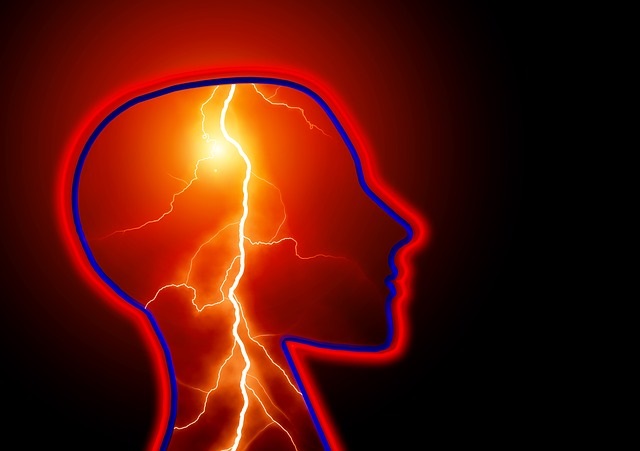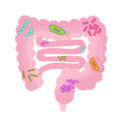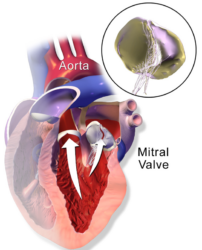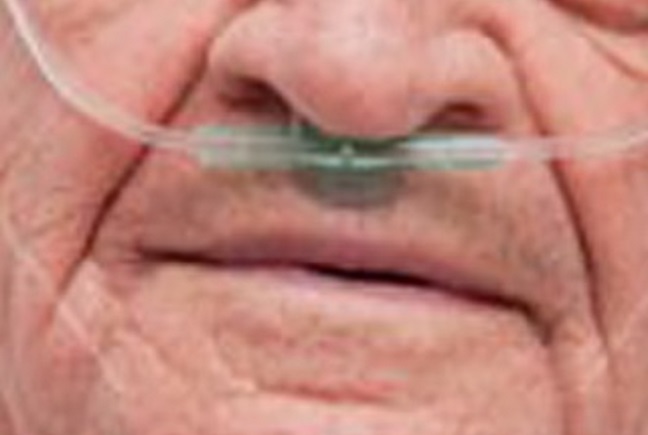Some years ago I was invited to speak at the Institutes for the Achievement of Human Potential in Philadelphia. This is a wonderful institution that takes children with intellectual and developmental disabilities in a residential program and provides them with a complex physical training program. Many doctors have given their time as consultants and one of them was a neurosurgeon who had voiced the principle that seizures, so common in these children, were due to hypoxia in the brain. So what did he mean?
Hypoxia is the technical word used for deficiency of oxygen affecting cellular metabolism. Although it applies to all tissues in the body, it is particularly devastating to brain tissues because of their rapid consumption of oxygen. This did make sense to me because I had become aware that brain cells become irritable when they are partially deprived of oxidation. Oxidation is the technical term used for consumption of oxygen by combining with a fuel to produce energy. It is to be noted, as I have repeatedly stated in these posts, that the administration of oxygen is totally useless unless oxidation can take place. Those that have read these posts are aware that thiamine is an absolute necessity in the process. Although it involves other vitamins and minerals, thiamine appears to be a dominating factor.
Treatment of Seizures
As most people know, epileptic seizures are treated by means of drugs and each patient is given one of these drugs on clinical trial. If it is clear that a particular drug does not work, another drug is tried. This process continues until success is achieved, meaning that the patient is free of seizures. Unfortunately, many of the seizures witnessed in children fail to respond to any of the assortment of drugs tried. Pharmaceutical companies are always trying to find yet another drug that has to go through the process of approval by the FDA before it can be prescribed.
One of the awful traps for the treatment of seizures is switching from one drug to another. When a drug is withdrawn, the other one must be substituted rapidly. This is because withdrawal from any of these drugs threatens to cause a dramatic situation known as status epilepticus. When this happens, the patient just goes on seizing indefinitely and it is often hard to get it under control and it is potentially lethal. Pediatric neurologists are the doctors for treating seizures in children and I was not usually involved until an incident occurred that gave me a chance to see whether the neurosurgeon was correct in suggesting hypoxia. So here I must digress.
What is Pseudo-Hypoxia?
Deficiency of thiamine causes what is sometimes referred to as pseudo-hypoxia (pseudo, false). This means that its absence is really equivalent to deprivation of oxygen. As many readers of these posts know, I have had an absorbing interest in thiamine for many years. In particular, I had an independent investigator license for studying the action of a derivative of thiamine known as thiamine tetrahydrofurfuryl disulfide (TTFD). Without going into the technical details, this particular derivative has exactly the same action as thiamine from which it is derived, but is much more biologically active.
Could it be that seizures were due to pseudo-hypoxia rather than deficiency of oxygen? We know from the history of beriberi, the classic thiamine deficiency disease, that arterial oxygen concentration was low while it was higher than normal in venous blood. This demonstrates that thiamine has an important action in the ability of hemoglobin to pick up oxygen in the lung, deliver it to tissues and cause its consumption in the process of oxidation. Seizures could therefore possibly be a mixture of true hypoxia and pseudo-hypoxia.
A Patient in Status Epilepticus
I had my chance to test TTFD. A 12 year old boy with intractable seizures had been admitted to the hospital under a neurologist. A number of drugs had been tried without success and he had been admitted to try to find yet another. The neurologist had to be out of town for a few days and evidently inadvertently, the medication that this boy was receiving was discontinued without the new drug being substituted. He went into the condition of status epilepticus, the potentially serious situation already described. Because I was the doctor on duty, I was called to handle the emergency. I had some vials of TTFD that could be given intravenously and several of these vials were administered. Within a short time the seizures had stopped. Next morning he was seen walking around the ward, free of seizures and talking to other patients. I began to give him TTFD in the form of pills. Was this evidence that the neurosurgeon, mentioned above, may be right, that seizures were due to oxygen deprivation? I believe it was. However, I believe the mechanism was akin to the pseudo-hypoxia that is induced with thiamine deficiency.
Why Was This Case Not Published?
Unfortunately, the neurologist was completely antagonistic to any concept of vitamin therapy. He was neither interested in the administration of TTFD, nor the reason for its experimental use. So ingrained is this in the minds of so many physicians, he concluded that the use of “a vitamin” was neither justified nor was it the explanation for this boy coming out of a serious and potentially lethal situation. The oral dose of “the vitamin” was discontinued and the neurologist went back to finding whether the proposed new drug was effective. Because of his lack of interest and failure to discuss the situation with me, it was impossible to put the facts together and set up a research situation that might have led to a new way of looking at epileptic seizures in children.
We know that there is a particular form of seizure known as hypsarrhythmia that is sometimes sensitive to the administration of vitamin B6 and one would have thought that this would set off an exploratory research into the use of other members of the vitamin B complex. Without data, however, medical publication is impossible and so this particular case has laid on my conscience ever since. I am sure that most people would believe that a clue of this nature would be picked up, examined closely, presented to a group of interested physicians and lead to further research. It is unfortunately quite typical of the mindset of any group of contemporary physicians at any age in the history of man and may well be a surprise to many. It certainly applies to other professions, businesses and indeed to virtually any human activity. Having used this vitamin to treat literally hundreds of patients without any sign of toxicity, surely it would be worth a trial.
We Need Your Help
More people than ever are reading Hormones Matter, a testament to the need for independent voices in health and medicine. We are not funded and accept limited advertising. Unlike many health sites, we don’t force you to purchase a subscription. We believe health information should be open to all. If you read Hormones Matter, like it, please help support it. Contribute now.
Yes, I would like to support Hormones Matter.
Image credit: Pixabay.
This post was first published on May 18, 2016.















Dear Dr. Lonsdale,
Please try one last time to contact me via e-mail (ch.rossmann@gmx.at) – it really should work now because I changed it to standard adress and then it worked for abroad and it wasn’t written that it is invalid anymore at the „contact us“ section from your blog. I am really desperate about my situation and don’t know whom else I could ask with this kind of expertise on the topic, so I’d be really really glad for an answer. But if it’s not possible for you anymore I’d also be very glad if you just wrote a short reply (e.g. comment) so that I won’t ask anymore in the comments and maybe start my own trial and error or something. If you did however I could also pay some money for the information if you want…
Thank you a lot and best regards!
Chris